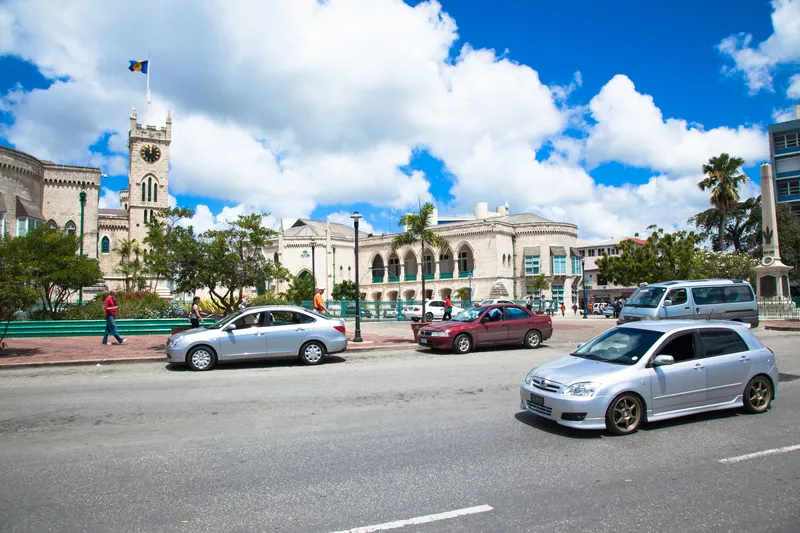Following the recent landslide on the A83 in Scotland, the UK’s Transport Research Laboratory’s (TRL) Dr Mike Winter, head of Ground Engineering and Regional Director, was able to provide a rapid response when he was called upon for advice.
TRL has worked closely with Transport Scotland over the last decade undertaking research and offering independent expert opinion on the risks associated with the potential for landslides across Scotland.
TRL’s opinion was particularly sought on strategies for re-op
March 11, 2014
Read time: 2 mins
Following the recent landslide on the A83 in Scotland, the UK’s Transport Research Laboratory’s (491 TRL) Dr Mike Winter, head of Ground Engineering and Regional Director, was able to provide a rapid response when he was called upon for advice.
TRL has worked closely with505 Transport Scotland over the last decade undertaking research and offering independent expert opinion on the risks associated with the potential for landslides across Scotland.
TRL’s opinion was particularly sought on strategies for re-opening the A83 taking into account the risks of further landslides and the progress of necessary remedial work, as well as the continued use of the Old Military Road (OMR) diversion. Dr Winter was able to view the landslide from the air, along with Scottish Minister for Transport and Veterans, Keith Brown MSP, and assist with a full briefing on the situation including the likely phasing and timing of re-opening the road.
Continuing poor weather conditions since the slip have severely hampered work by the crew of geotechnical engineers and specialist subcontractors who need to access the hillside and assess the risks of loose material and make safe any boulders.
Dr Winter said: “This is an excellent example of TRL working closely with Transport Scotland and their operating company (BEAR Scotland) to ensure that the road is reopened as soon as it is safe to do so, and to thus help minimise the economic impacts that such events have on the people of Argyll. The rare opportunity to view and event such as this from the air was a real bonus and will be very helpful in informing our future activities.”
TRL has worked closely with
TRL’s opinion was particularly sought on strategies for re-opening the A83 taking into account the risks of further landslides and the progress of necessary remedial work, as well as the continued use of the Old Military Road (OMR) diversion. Dr Winter was able to view the landslide from the air, along with Scottish Minister for Transport and Veterans, Keith Brown MSP, and assist with a full briefing on the situation including the likely phasing and timing of re-opening the road.
Continuing poor weather conditions since the slip have severely hampered work by the crew of geotechnical engineers and specialist subcontractors who need to access the hillside and assess the risks of loose material and make safe any boulders.
Dr Winter said: “This is an excellent example of TRL working closely with Transport Scotland and their operating company (BEAR Scotland) to ensure that the road is reopened as soon as it is safe to do so, and to thus help minimise the economic impacts that such events have on the people of Argyll. The rare opportunity to view and event such as this from the air was a real bonus and will be very helpful in informing our future activities.”










